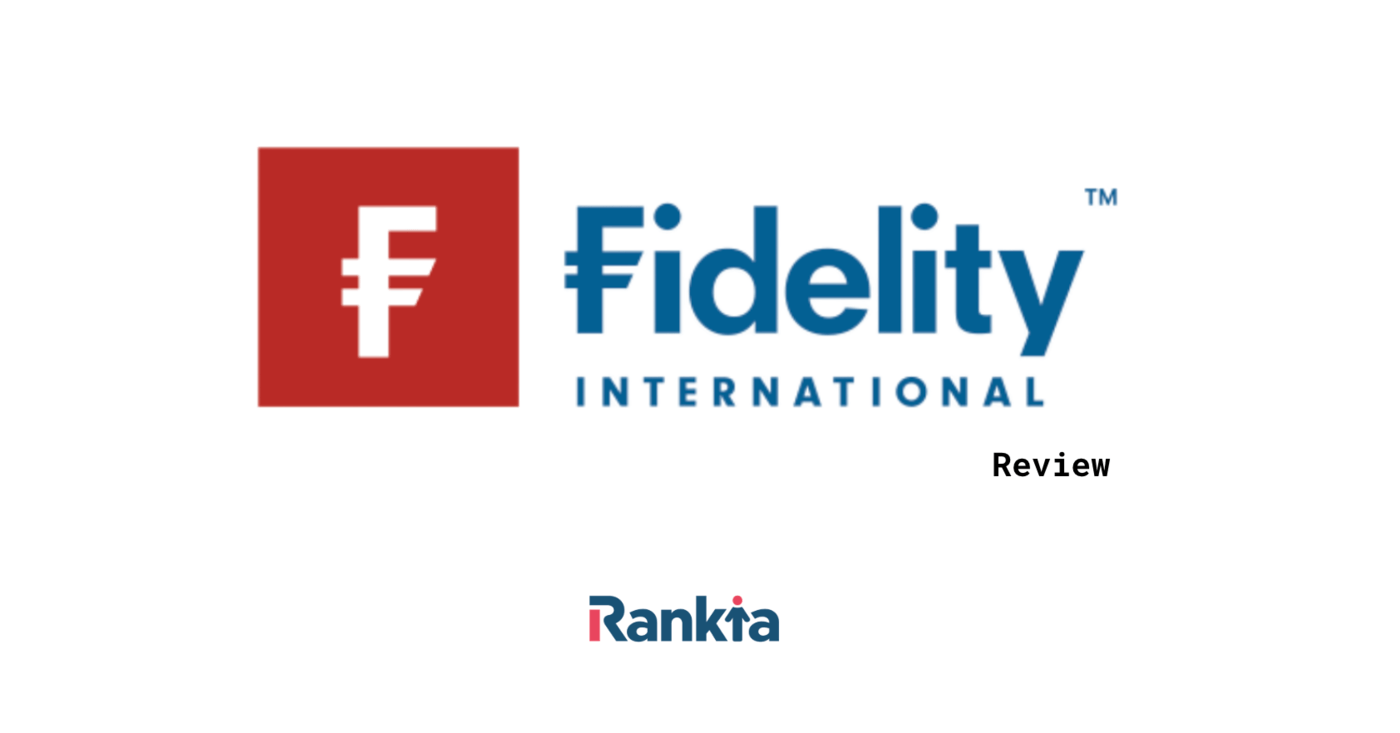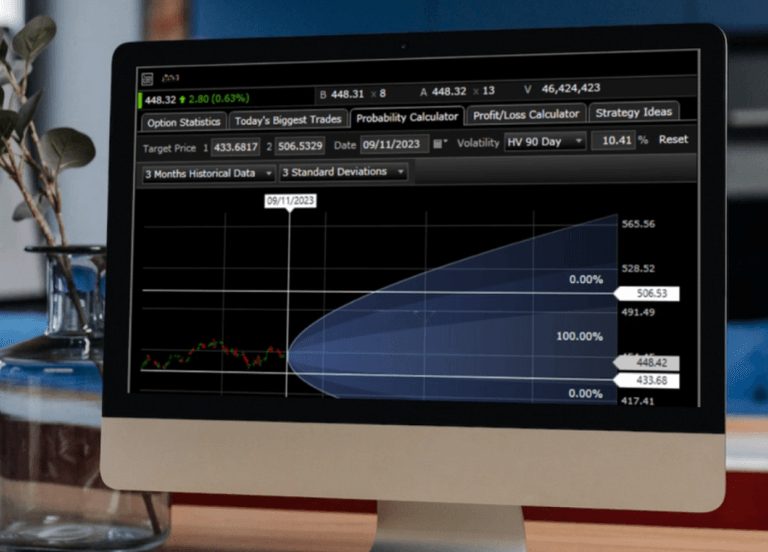Reviews
Fidelity Review 2025

Are you thinking about getting into investing? Whether you're planning ahead for your own future, putting something aside for your child, or just looking to make your money work a bit harder, Fidelity is probably a name you've come across. It’s been around for decades, and with a reputation for reliability, it’s no surprise it catches the attention of UK investors.
In this detailed Fidelity UK review, we’ll explore what the platform has to offer, from its features and fees to how user-friendly it really is. We’ll also break down the main account types, including ISAs, SIPPs, and Junior ISAs, so you’ll have a clear, honest view of whether Fidelity’s the right fit for your investing goals.
Pros and Cons
| Pros of Fidelity | Cons of Fidelity | ||
| ✅ FCA regulated and FSCS protected | ❌ £7.5 per trade for shares | ||
| ✅ Clean, intuitive platform | ❌ Not designed for active day traders | ||
| ✅ Excellent fund range and educational content | ❌ Fewer tools for stock-specific research | ||
| ✅ No fees for fund-based investing | |||
| ✅ Ideal for ISA, SIPP, and Junior ISA users |
| Pros of Fidelity | Cons of Fidelity |
| ✅ FCA regulated and FSCS protected | ❌ £7.5 per trade for shares |
| ✅ Clean, intuitive platform | ❌ Not designed for active day traders |
| ✅ Excellent fund range and educational content | ❌ Fewer tools for stock-specific research |
| ✅ No fees for fund-based investing | |
| ✅ Ideal for ISA, SIPP, and Junior ISA users |
Fidelity at a glance
To save you from trawling through pages of small print, here’s Fidelity boiled down into a handy overview. Then, we’ll break it all down in detail below.
- 🏆 Regulation: FCA-regulated
- 🔒 Investor protection: FSCS coverage up to £85,000
- 💼 Financial assets: Funds, shares, ETFs, bonds
- 🌐 Markets: UK, US, and international options
- 💻 Account types: ISA, Junior ISA, SIPP, General Investment Account
- 💲 Fees: Variable service fees (starting from 0.20%) and share fees (£7.50 for online share dealing)
- 💰 Minimum deposit: £1,000 lump sum or £25 monthly
- 📈 Platform: Web-based and mobile app
- 📧 Contact: Phone or secure message
- 🌟 Featured product: SIPP (Self-Invested Personal Pension)
Is Fidelity safe?
Handing over your money to any provider demands trust. In Fidelity’s case, this trust is backed by regulation. It’s overseen by the Financial Conduct Authority, and if the firm were ever to collapse, up to £85,000 of your investments would be covered through the FSCS.
Fidelity keeps client money separate from its own, in line with regulatory rules.
Available Financial Products
There’s no shortage of choice on Fidelity’s platform. You’ll see the usual funds and trackers, but also shares, bonds, trusts, and more specialist options, some run by Fidelity, many not. It’s not about quantity for its own sake. What matters is that you can build a portfolio without having to look elsewhere, and without getting lost in the process.
The platform works whether you want to set something up and leave it alone, or stay more involved and build around specific holdings. You can focus on funds that aim for growth, aim for income, follow ESG criteria or ignore all of that. The tools don’t push you in one direction.
Account Types and Fees
Fidelity’s account offering is simple, and each one serves a clear purpose:
- Stocks and Shares ISA is a tax-efficient way to invest up to £20,000 per year;
- Junior ISA where you can save up to £9,000 annually, with no tax on gains or dividends;
- SIPP is a self-invested pension with solid flexibility, tax relief, and a strong choice of investments;
- A General investment account is a simple option if you’ve maxed out your tax-free allowances or want to test the waters without committing to an ISA or SIPP.
In terms of fees, Fidelity keeps things clean:
- Service fee: 0.35% of your total investment value with a regular savings plan (or a flat fee of £7.50 per month if you don’t have a regular savings plan)
- Investment fee: No fee for funds, £7.50 for online share dealing and £1.50 (when the deal is part of the savings or withdrawal plan or reinvestment)
It’s a fair pricing model, especially if you're primarily investing in funds.
Trading Platforms
The layout is straightforward. Nothing feels buried, and whether you’re using a laptop or the app, it’s easy to see where everything is and what it’s doing. There’s no polish for the sake of it, but no friction either.
You can filter by fund type, compare options side by side, and keep track of anything you're watching. The platform shows detailed breakdowns for each fund, so it’s easy to see what you’re buying and how it’s behaving.

It’s not built for short-term trading and there are no live prices or technical charts, but it gives long-term investors the tools they actually need, without getting in the way.
Customer Service
If you need help, support is UK-based and available during the week by phone or secure message. They handle questions clearly, including the more technical ones around pensions and transfers. There’s also a detailed help section online for anyone who prefers to look things up themselves.
Research and Education
Fidelity gives you room to learn without making it a separate process. Explanations are folded into the platform itself, such as fund pages, filters, and guides all offer just enough context to help you move forward without second-guessing every step. It’s built to support your decisions, not make them for you.

Fidelity also offers free educational seminars at their Investor Centre in London, designed to support both new and experienced investors. These 45-minute sessions are hosted by an experienced Fidelity representative and provide valuable insights to help you work toward your investment goals. After the presentation, there’s an opportunity to speak with a member of the team.
Places are limited, so to find out more or book your seat, you have to email the team using the links provided on their website.
Bottom Line
If you're after a trustworthy, user-friendly platform that makes investing simple, without skimping on choice, Fidelity delivers. It’s ideal for:
- Long-term savers using an ISA or SIPP
- Parents setting up a Junior ISA
- Beginners who value support and guidance
- Investors who prefer funds over frequent share trading
It’s less suitable for active traders or those who want commission-free stock dealing. But for what it does, Fidelity does it exceptionally well, and that's what makes this Fidelity UK review a positive one.
FAQs
What is Fidelity?
Fidelity International is one of the world’s most established investment platforms. It’s been serving UK investors since 1973 and is regulated by the Financial Conduct Authority (FCA). Unlike some newer platforms trying to win users with flashy apps or meme-stock trading, Fidelity is all about solid, long-term investing.
It's a comprehensive service built to help you grow wealth sustainably. Whether you’re setting up a pension, starting a tax-free savings account, or investing for your child’s future, Fidelity aims to offer simple access to high-quality funds and investment tools.
That’s what makes this Fidelity UK review particularly interesting: the company might just have something for every stage of your financial journey.
Can I transfer my existing ISA or SIPP to Fidelity?
Absolutely, the process to transfer your existing ISA or SIPP to Fidelity is smooth and can be done online. Fidelity even offers cashback on larger transfers during certain promotions.
What’s the minimum to start investing?
You’ll need either a £1,000 lump sum or £25/month via a regular savings plan.
Does Fidelity offer a demo account?
Not currently, but you can explore funds and tools before committing any money.
How to open a Fidelity account in 5 steps
Opening an account with Fidelity is surprisingly quick, no mountains of paperwork here. Here’s how it works:
- Head to fidelity.co.uk
- Choose your account type (ISA, SIPP, Junior ISA, or GIA)
- Fill in your personal and financial details
- Deposit at least £1,000, or set up a monthly contribution of £25
- Start investing, choose funds or shares with the help of handy tools